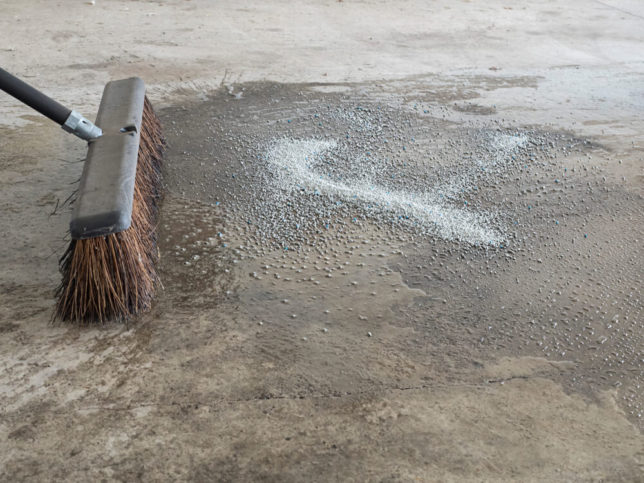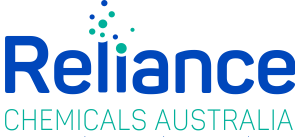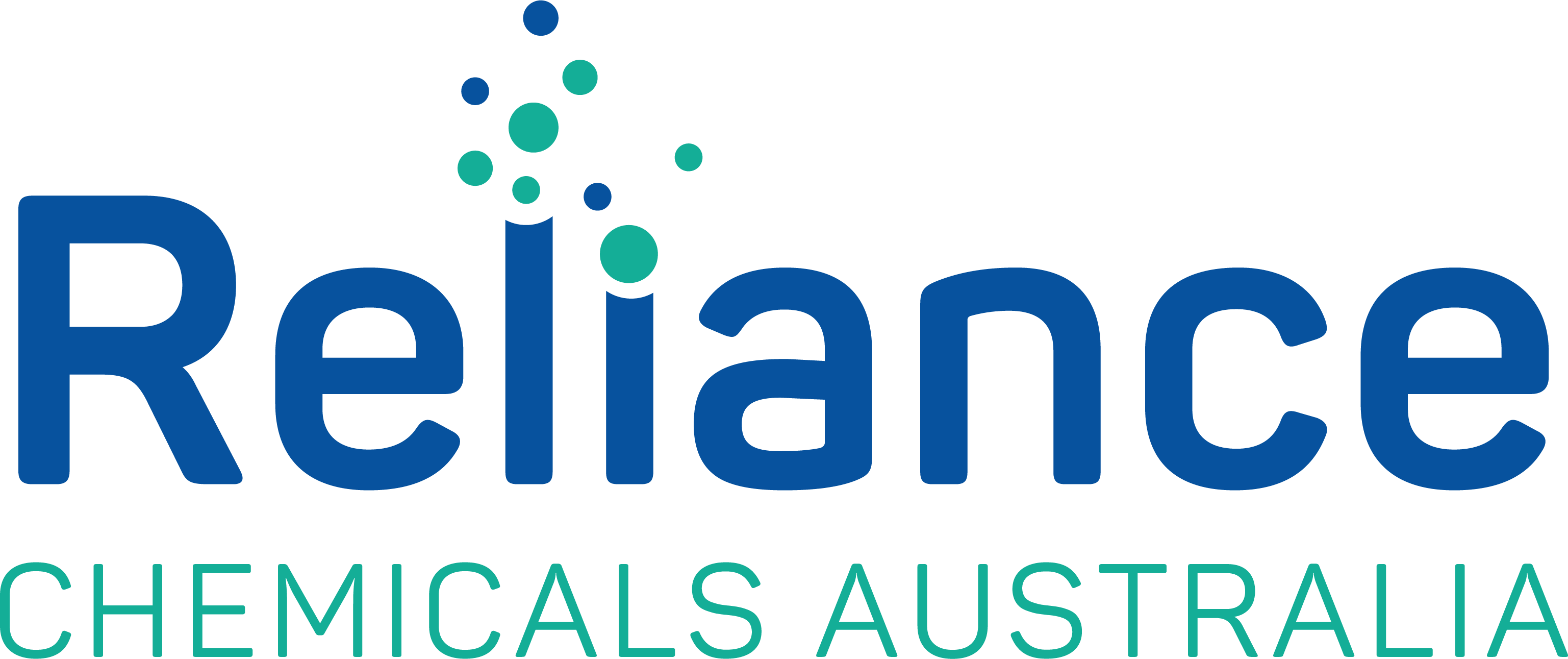
- by
- Automotive
Choosing The Best Cleaner Degreaser For Garage Floors
No one loves filthy or wet floors, do they? It is essential to maintain the cleanliness and sturdiness of the floors of your business area. You can find many different kinds of cleaners and degreasers to remove pollution from garage floors surfaces.
Understanding what these different cleaners accomplish and how they function will save you time and money when cleaning garage floors. In this post, we have talked about the different types of cleaners and degreasers for the floor.
This will eventually help in choosing the best cleaner degreaser for the garage floor. First of all, let us talk about the mechanism of cleaning or Degreasing of the floors.
The mechanism of Degreasing
Garage floors are porous, retain dirt effectively, and can be challenging to clean. First, without delving into complicated chemistry, consider how an essential soap works. Without soap, simple water isn’t very effective in cleaning.
A soap or cleaner, by enveloping and entrapping tenacious oil or organic-based filth, allows the grime to be washed away more quickly. Even with the most excellent cleaning, plain old-fashioned elbow grease and perseverance make a big difference in removing a persistent stain from garage floors.
Garage floors are porous, retain dirt effectively, and can be challenging to clean.
The Different types of cleaners and degreasers
The pH Neutral Cleaners
These gentle multi-purpose cleaners are intended primarily for cleaning interior sealed garage floors surfaces. These cleaners are perfect for floors that do not have ingrained filth.
They can also be used on unsealed garage floors that need only a little cleaning and has no severe dirt contamination.
How do pH Neutral Cleaners work?
These cleaners are often concentrated solutions that you can dilute with various amounts of water. This depends on the level of cleaning required. Saturate the garage floor’s surface with a cleanser before scrubbing or lightly agitating it.
Vacuum or mop up the residue after a few minutes, then rinse with clean water. If dirt persists, repeat the operation or use a squeegee.
The Acidic cleaners
These cleaners are intended to remove stains, filth, and contaminants that are soluble in an acidic solution. They are particularly good at removing filths from garage floors.
Hard water, high salt content in the garage floors, and high soil alkalinity are all familiar stains.
How do Acidic cleaners work?
As you might assume, the active element in acidic cleaners is acid. They are applied directly to the contaminated region and are available in both concentrated and ready-to-use formulations.
Scrubbing or agitating may be required at times, and tenacious stains may require additional applications. After cleaning with an acid-based cleaner and rinsing with clean water, it is necessary to neutralize the garage floors.
Consider employing a sealer to keep the region free of alkaline or salt contamination in the future.
Alkaline Degreasers
This type of disinfecting chemical is the best cleaner degreaser for the garage floors out there for its versatility. Alkaline cleaners are commonly used to remove oil, grease, or other hydrocarbon-based stains.
The best garage floors degreasers emulsify or break down the oily pollution. Alkaline cleaners can also be used to neutralize garage floors surfaces after acid stains or acid cleansing.
Modern alkaline soaps and cleaners significantly outperform the old-fashioned approach of baking soda and water in terms of neutralizing ability. They are also cost-effective, as one gallon of thoroughly diluted cleaning would treat nearly 4,000 square feet.
How do Alkaline Degreasers work?
Alkaline cleaners are often sold as concentrates that must be diluted with water depending on the severity of the stain. For deep or older stains, use the cleanser at full power, and dilute it for younger stains that haven’t penetrated far.
For optimal results, agitation or scrubbing is required to work the cleaner into the oil or grease stains. When utilizing alkaline cleaners, the cleaner takes a long time to work.
Depending on the type and depth of the oil stain, many treatments may be required, with each application being allowed to work for a few hours to get satisfactory results.
When employing alkaline cleaners, it is also vital to “lift” the oil stain out of the garage floors once emulsified. You can use a wet vac, a poultice, or rags. Remove the residue with clean water, and if necessary, reapply additional cleanser until the stain is gone.
Enzymatic Cleaners
The most recent garage floors cleaners use organic chemistry and active enzymes to attack, break down, and, in some cases, digest stains and pollution.
The most straightforward technique to remove these stains is to use an enzyme cleaner that targets a protein (the odor and stain in urine are mainly protein).
Bacterial active cleaners are another sort of active cleanser. These cleaners make use of genetically modified bacteria that feed on oil, grease, or hydrocarbons.
How do Enzymatic Cleaners work?
One significant advantage of utilizing these cleansers is that they do not require water for activation. There is little or no residue to wash away. The contaminant is consumed by the enzyme or bacteria until it is gone.
The main disadvantage is that they take time to work. Depending on the magnitude of the contamination or stain, the enzyme or bacterium may need to work for days or weeks. The majority of these cleansers are applied directly to the stain with little or no agitation. Additional applications may be required for large or tenacious stains.
Where to find Enzymatic Cleaners?
Enzymatic cleaners are more difficult to find than the other categories. They are available at several hardware stores and home improvement stores, and specialty cleaning supply stores. We have discovered that buying a cleaner designed specifically for the stain you’re removing produces the best results.
Conclusion
We have always emphasized using the best cleaner degreaser for the garage floor. Let us consider you have a large industry, and the floors are filthy. Won’t the efficiency of your industry and workers hamper due to it?
So, always maintain the cleanliness and sturdiness of your garage floor so that you can attain a good level of efficiency for your industry or workspaces.

